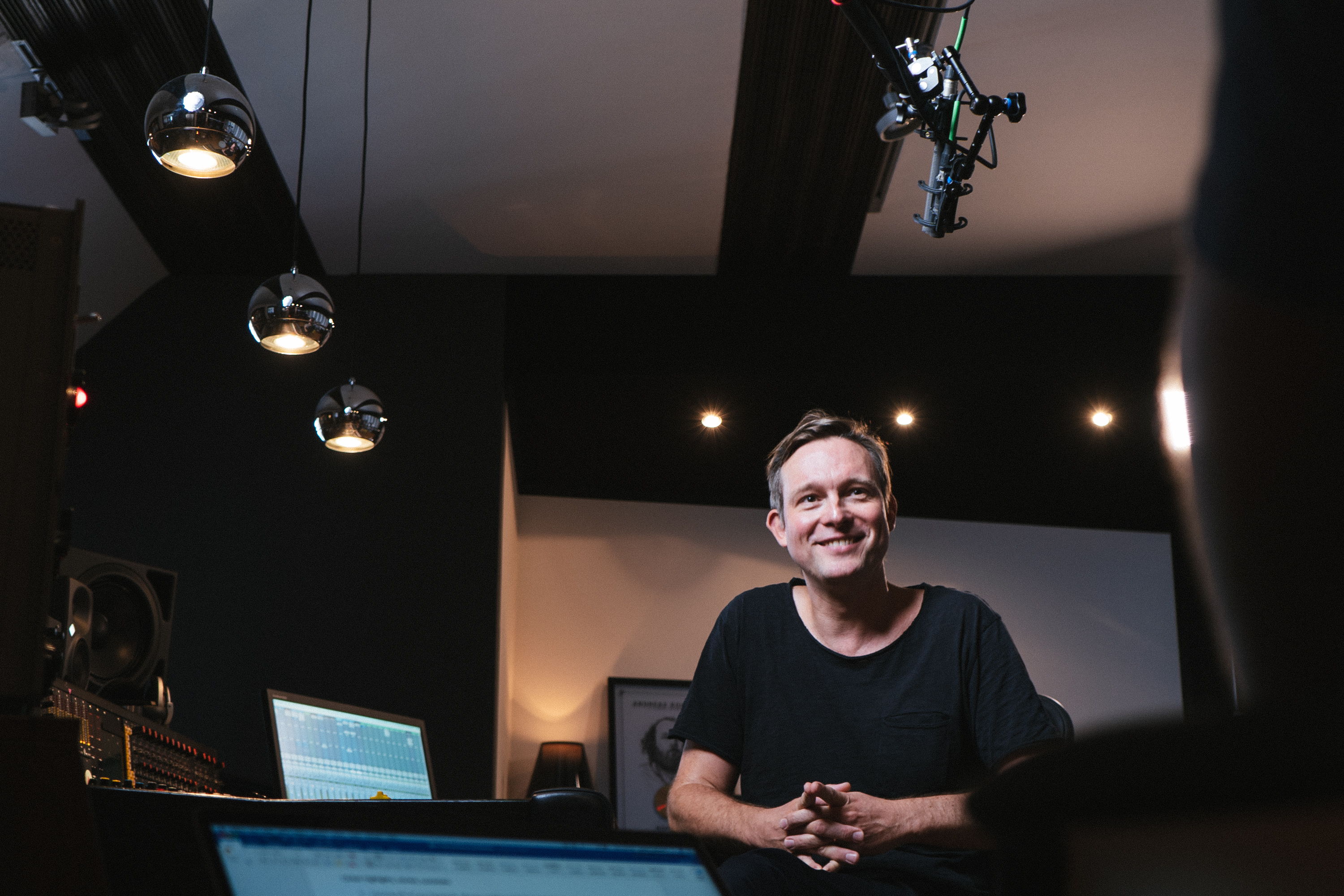Axel Reinemer: Always be prepared
22 October 2020

Founder & Owner of Jazzanova Recording Studios, Berlin.
Sennheiser’s Pro Talk Series on YouTube features interviews with the industry’s most respected sound engineers, including Axel Reinemer, founder and owner of Jazzanova Recording Studios in Berlin.
For Axel Reinemer, founder and owner of Jazzanova Recording Studios in Berlin, who grew up in GDR-era East Germany, it was uncommon to encounter Western music during his childhood. Yet, thanks to his grandmother, Reinemer managed to still get his hands on Hip-Hop records, which ultimately led to his developing the beat matching, mixing and scratching techniques that launched his career. When the Berlin Wall came down, he was able to team up with other mixers and expand his style.From Avant-guard Japanese jazz bands to R&B artists like Rhianna and Jason Derulo, his Jazzanova Recording Studio has certainly earned its place among the world’s leading recording studios.

Reinemer is also well-known for his film scoring work. He says: “The most impressive one for me was working with Ryuichi Sakamoto for The Revenant.” Much of Reinemer’s success comes from his recording and editing style. “Maybe it’s a German thing, but sometimes we’re a bit shy. Not really cranking up the pres or making the compressors pump while recording. There is always the sense of ‘yah, let’s do a nice recording, but we’ll do the rest in the mix to give the signature sound. But that’s not the best. It’s better to put the energy in there while recording. It’s also inspiring for the artist. What I find very helpful is, if you think you’re done, leave the room. If it doesn’t grab you [when you come back], then the mix is broken.”
One example of Reinemer’s approach is from a session he did for Italian artist Malika Ayane, “We had a mic split, with one clean channel going to Pro Tools and one channel going into a twin reverb preamp,” he explains. “She had the twin reverb signal on her headphones, so when she sang louder, you could hear the reverb more and there was more distortion. It changed her performance. It was very inspiring. I think it was good for her and for me, when I hear this song, even when I’m 80 or 90, I will always remember that moment. And I think that’s also a really nice thing that you can create in a recording studio – moments. It’s a value, it’s personal. That’s what it should be about.”
In addition to his insight about microphones and recording styles, Reinemer offers insight for up and coming audio professionals. “You should be prepared for any situation, set up the most you can,” he says. “One engineer once told me – ‘you should compare it to a flight. Everything is set up when the people get on the plane and there’s some adjustments to make, but the plane is ready to take off.’ The artists have a lot of other stuff in their heads when they’re recording. Never distract them with technical stuff. Never bring negative energy over there, always have them trust in you.”
Photo: James Capparelle


